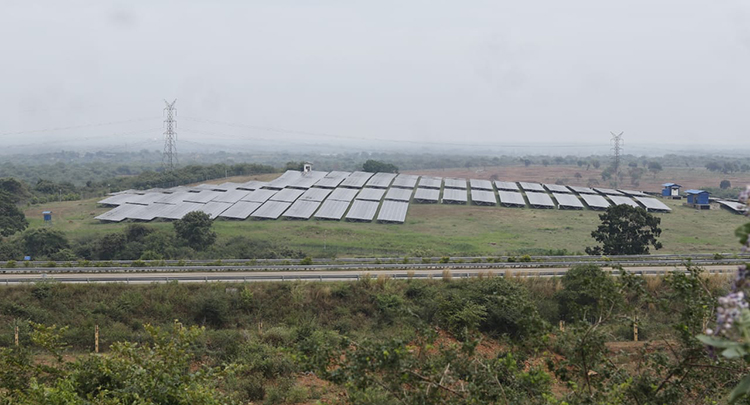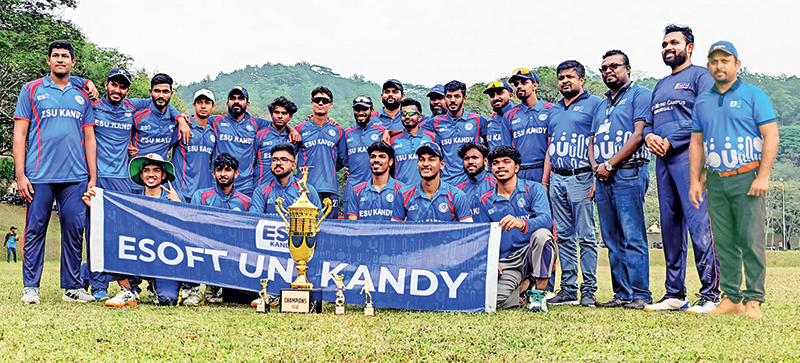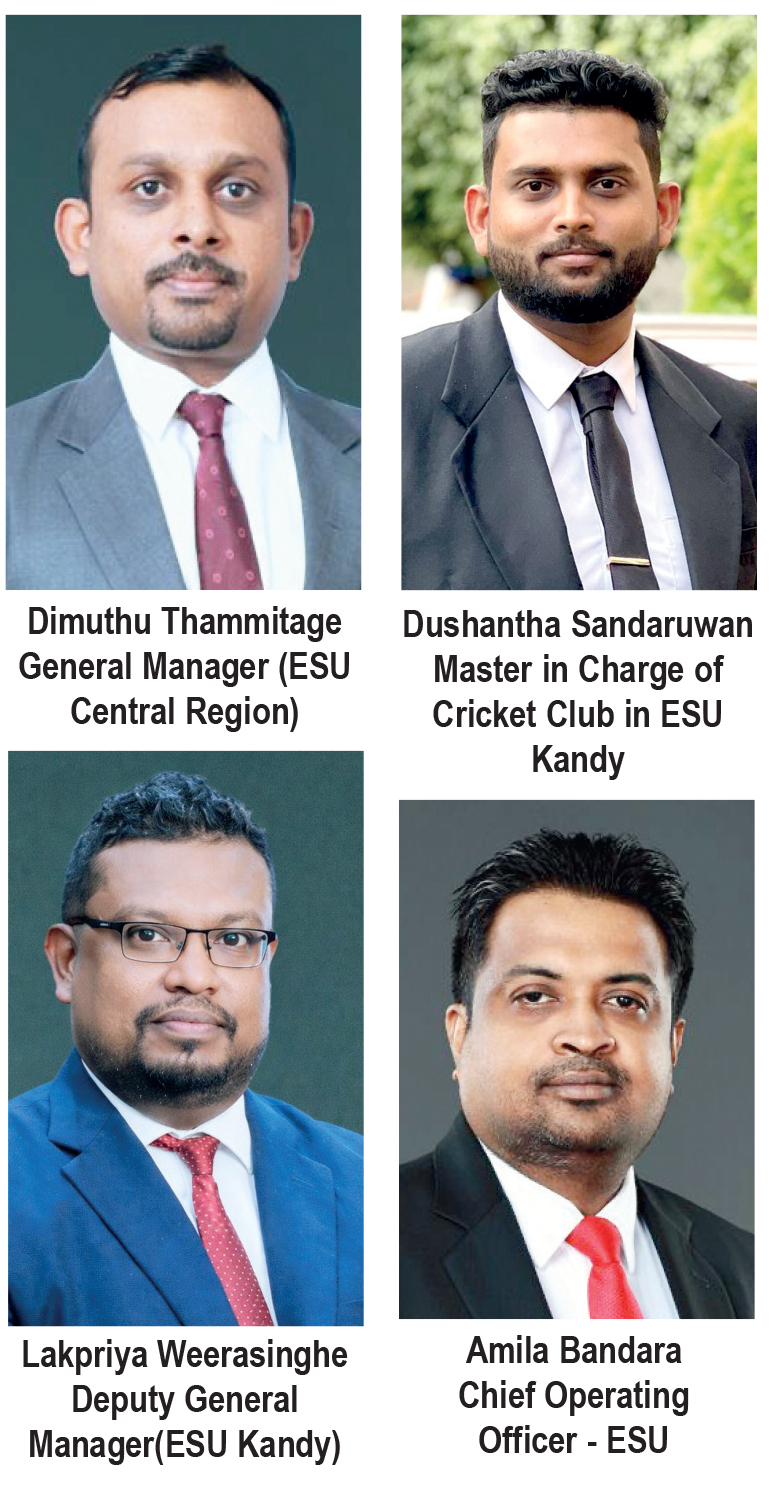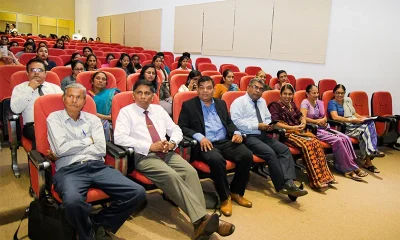Business
Landmark accord to implement Sri Lanka Transit Card

Channa de Silva (General Manager / CEO – LankaClear Pvt Ltd), . Kingsley Ranawaka (chairman – Sri Lanka Transport Board), Dharmasri Kumaratunge (Director Payments and Settlements – CBSL), Cabinet Minister of Transport Gamini Lokuge, Shashi Welgama (chairman – National Transport Commission), Monti Ranatunga (Secretary to the Ministry of Transport), K.B. Rajapakse (Senior Deputy General Manager – Payment, Digital, Process Management & Quality Assurance – People’s Bank)
The Ministry of Transport and the Central Bank played lead roles to get the key stakeholders to sign a four-party agreement to introduce Sri Lanka Transit Card (SLTC) recently. The SLTC initiative, which had been in the drawing board for many years will finally come to light in line with manifesto of HE the President, Vistas of Prosperity and Splendour, which proposed a single transport e-ticket system to be introduced in Sri Lanka.
The four-party agreement for the implementation of SLTC was signed amongst Sri Lanka Transport Board (SLTB), National Transport Commission (NTC), People’s Bank and LankaClear (Pvt) Ltd. at the Ministry of Transport on April 22 under the patronage of Gamini Lokuge, Minister of Transport; Dilum Amunugama, State Minister – Vehicle Regulation, Bus Transport Services and Train Compartments and Motor Car Industry, Secretaries and officials of both ministries. Chairman SLTB, Kingsly Ranawaka, Chairman NTC, Sashi Welgama, GM/CEO LankaClear Channa de Silva and Senior DGM, People’s Bank, K. B. Rajapakse signed the historic agreement representing their respective organizations.
The proposal to implement the SLTC submitted by LankaClear, with approval from Central Bank and support from the Ministry of Transport, received cabinet approval in February 2021. SLTC will be issued by all authorized financial institutions under the National Card Scheme (NCS) facilitated by LankaClear. SLTC will be the first-ever 2in1 card to be introduced in Sri Lanka that comes with a unique stored-value component, in addition to debit/credit feature, built into a single chip card. This unique feature of maintaining a single card to be used across ATMs, POS machines and all transport sectors provides a citizen with the convenience of using a single card to carry out multiple modes of transactions. In addition, it will save the government a colossal amount of money in terms of printing and distributing cards if it were implemented as a standalone transport card.
At the pilot phase, SLTC will be accepted in public and private buses in selected routes identified by the Ministry of Transport, which will be gradually extended to other routes and to Sri Lanka Railway. This national initiative was aptly backed by the Ministry of Transport and the Central Bank while People’s Bank came on board as the first bank to issue SLTC, which is set to be rolled out in a couple of months. Bank of Ceylon and other state banks are also in the process of joining this national initiative by issuing SLTC within a few months. The SLTB and NTC are in the process of implementing the required technology backend to facilitate this card in public and private buses.
LankaClear has come forward to operate the network to facilitate the transactions that are carried out for public transport using SLTC, under the guidance of the Central Bank, free of charge in considering the importance of this national initiative. The Ministry of Transport and NTC have obtained the support of all provincial transport authorities towards this initiative as well as the backing of most private bus owner associations. The initiative has gained acceptance amongst all stakeholders as the scheme has been designed in a way that it is proposed to contribute towards the welfare of bus drivers and conductors, who will play a critical role in the execution of this project.
Business
Lanka’s largest solar park set to transform energy landscape and local economy in Hambantota

A new era in Sri Lanka’s renewable energy is unfolding in the Gonnoruwa Division of Hambantota District, where construction has begun on the country’s largest solar power park. Spanning 450 acres and designed to generate 150 megawatts (MW) of electricity, the US$150 million private-sector-led project is poised to become a cornerstone of the nation’s sustainable energy ambitions.
Officials say the solar park, guided by the Sustainable Energy Authority and the Mahaweli Authority, will make its first contribution to the national grid by the end of this year, with full capacity expected by 2026. Once completed, the facility will rank among Sri Lanka’s largest renewable energy installations, second only to the 210 MW Victoria Dam and the 150 MW Upper Kotmale hydropower project.
The initiative is being framed as a strategic response to recurring power cuts in the Southern Province during annual drought periods. With a projected 20% contribution to the country’s daytime electricity demand, the solar park is expected to significantly stabilize the grid, reduce reliance on fossil fuels, and contribute to the country’s renewable energy targets.
Project Engineer Thilanka Bandara confirmed that preliminary land preparation and boundary works have been completed, with 50 MW already feeding into the national grid. The investment, fully funded through foreign direct investment, local bank loans, and equity capital, requires no government funding. Two private firms are sharing the development, contributing 70 MW and 80 MW respectively.
Bandara highlighted a unique feature of the project: the transmission infrastructure, estimated at US$16 million, is entirely financed by the investors, marking a departure from conventional grid-connected projects. The park will also employ state-of-the-art ground-mounted solar technology, considered the most advanced currently deployed in Sri Lanka.
In a first for Sri Lanka, the solar panels will be installed five feet above the ground, allowing partial-shade crops to be cultivated underneath. Technical Officer Sithmina Bandara explained that this setup will enable the cultivation of food plants such as mushrooms, which thrive in shaded conditions, creating a model for integrated solar-agriculture systems. Agricultural experts have already provided guidance on implementing this initiative, which combines energy production with local food security.
The project is expected to generate 750 to 1,000 direct and indirect jobs, with 400–500 already employed in the initial phase. Long-term maintenance work will provide further employment opportunities, offering a substantial economic boost to the Hambantota region. Environmental management measures are also in place to prevent elephants from entering nearby villages, ensuring harmony between development and wildlife.
All necessary approvals and permits were obtained by February 2025, aligning the project with the Ceylon Electricity Board’s national generation plan. Officials confirmed that upon completion, the total output of the Solar Energy Park will rise to 200 MW, combining existing installations with the new 150 MW facility.
Experts say the Hambantota solar park represents more than just a power generation project. Its innovative design, private-sector financing, and integrated agricultural approach position it as a template for future renewable energy projects in Sri Lanka, reflecting a new model of sustainable development that balances energy, economy, and environment.
By Sirimanta Ratnasekera
Business
ESU Kandy clinches dominant victory at ‘Battle of Esoftians’

The Battle of Esoftians, an annual cricket encounter organized by ESOFT Uni Kandy, concluded with a spectacular display of cricketing prowess as the Kandy team secured a massive 245-run victory over ESOFT Metro Campus, Kurunegala. The match was held on the 15th at the University of Peradeniya Grounds.
Winning the toss and electing to bat first, the ESOFT Uni Kandy batsmen dominated the field from the outset. They showcased an explosive batting performance, posting a formidable total of 280 runs for the loss of 5 wickets in their allotted 20 overs.
In response, the Kurunegala ESOFT Metro team struggled against a disciplined bowling attack. The Kandy bowlers dismantled the opposition’s batting lineup, bowling them all out for a mere 35 runs, sealing a historic win for the Kandy campus.
The event was graced by the presence of key officials from the ESOFT management: Amila Bandara – Chief Operating Officer (ESOFT Uni), Dimuthu Thammitage – General Manager (Central Region), Lakpriya Weerasinghe – Deputy General Manager, ?Lahiru Diyalagoda
Centre Manager-Degree Division, ESOFT Metro Campus Kurunegala and Dushantha Sandaruwan – Master in Charge (ESU Kandy Cricket Club)
Team Lineups
ESOFT Uni Kandy (Winners)
Chamath Ekanayake (Captain), Dinuka Tennakoon (Vice Captain), Dushantha Sandaruwan (MIC), Chalitha Rathnayake, Pulasthi Bandara, Isuru Dehigama, Kesara Nuragoda, Aadhil Sherif, Isuru Pannala, Achintha Medawatta, Ahamed Shukri, Gowtham Hari Dharshan, Danushka Sahan, Eranda Bandara, and Damith Dissanayake.
ESOFT Metro Campus Kurunegala (Runners-up)
Adeesha Samarasekara, Savishan Madusha, Lahiru Diyalagoda, Hirun Damayantha, Naveen Madushanka, Daham Pothuwewa, Senuda Thewnaka, M.R. Abdulla, Arunodya Dasun, Mohamad Afri, Desith Perera, Lasitha Ranawaka, Anton Dilon, Shenuka Thirantha, and Kavindu Bandara.
Text and Pix By S.K. Samaranayake
Business
HNB joins Royal–Thomian “Battle of the Blues” as official banking partner

HNB PLC, Sri Lanka’s leading private sector bank, has joined as the Official Banking Partner for the 147th edition of the historic “Battle of the Blues,” the Royal–Thomian cricket encounter between Royal College, Colombo, and S. Thomas’ College, Mt. Lavinia. Commenting on the partnership, HNB’s Managing Director/CEO Damith Pallewatte highlighted the bank’s long-standing connection with cricket, including sponsorship of Sri Lanka’s first Test match against England in 1982, and emphasized HNB’s commitment to nurturing young talent and promoting school cricket. The three-day clash for the Rt. Hon. D. S. Senanayake Memorial Shield will take place from March 12–14 at the SSC Grounds, with the Mustangs Trophy one-day match following on March 28 under lights. HNB’s inaugural involvement marks a milestone in the bank’s sports marketing journey, strengthening its role in the school cricket ecosystem. The bank will enhance the spectator experience by introducing digital and cashless banking solutions, modernizing the event while preserving its rich heritage and sporting tradition.
-

 Business6 days ago
Business6 days agoMinistry of Brands to launch Sri Lanka’s first off-price retail destination
-

 Latest News1 day ago
Latest News1 day agoNew Zealand meet familiar opponents Pakistan at spin-friendly Premadasa
-

 Latest News1 day ago
Latest News1 day agoTariffs ruling is major blow to Trump’s second-term agenda
-

 Latest News1 day ago
Latest News1 day agoECB push back at Pakistan ‘shadow-ban’ reports ahead of Hundred auction
-

 Features6 days ago
Features6 days agoGiants in our backyard: Why Sri Lanka’s Blue Whales matter to the world
-

 Sports3 days ago
Sports3 days agoOld and new at the SSC, just like Pakistan
-

 News5 days ago
News5 days agoIMF MD here
-

 Business5 days ago
Business5 days agoGreen Minds: A new platform to rethink environmental governance in Sri Lanka














